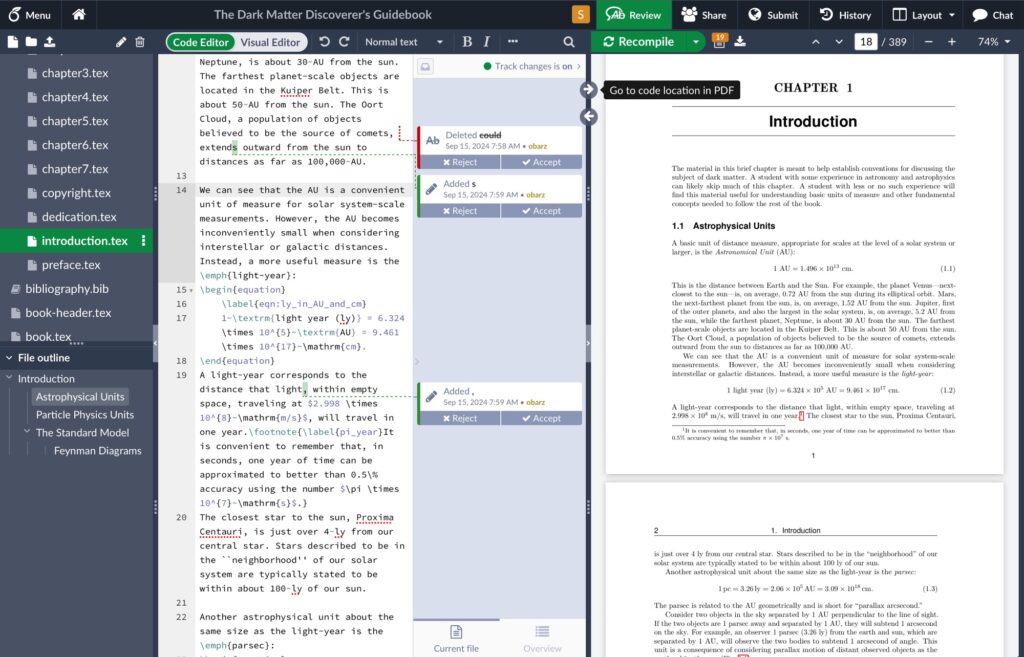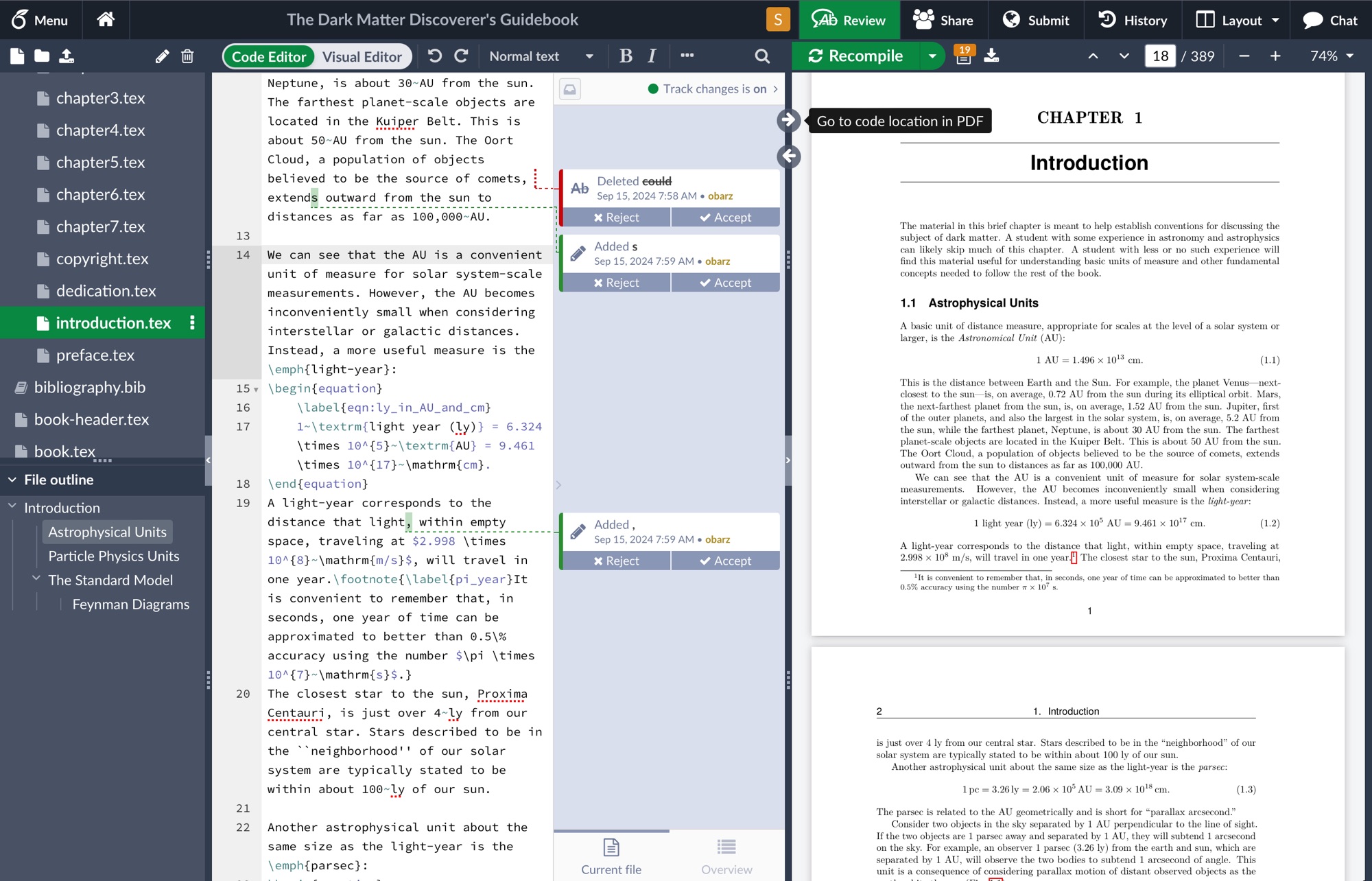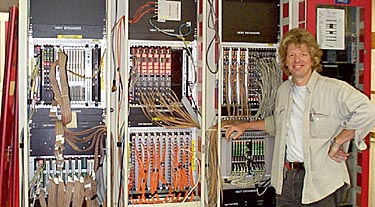Jodi and I were very fortunate to be able to get a lot of feedback on our book draft for “The Dark Matter Discoverer’s Guidebook”. We finished receiving all the feedback a few weeks ago. This was the scariest part of the writing process. You spend so much time with your face two inches from a project that it’s hard to step back and see the flaws.
All writing projects have flaws. Thankfully, none of those identified by the reviewers was fatal. In the great “Taylor expansion” of a complex process like writing a book, this is the “leading order” outcome you can hope for.
More importantly, we received a ton of detailed and big picture feedback as well. Obviously, the book draft we circulated to the reviewers had flaws. They found them and gave suggestions about what to do, what to take away or add, and how to thread needles where there was a risk of doing too much just to accomplish a narrow feat. We are ETERNALLY grateful for their expertise.
We finished addressing those comments in the last few days and the book is now back in a final cycle of writing and layout editing. This is exciting, because this is the last phase before the book heads to publication. This is still a very hard-working process, but it’s gratifying to know that the goal is nearly accomplished. Our tireless editor is now driving the process and we’re working to address his comments.

For the writing nerds out there, here is a sneak peek at how we’re writing the book. First, we’re scientists … so we’re using LATEX. This is also our editor/publisher’s first foray into LATEX, so we’re using Overleaf to lower the technical burden. When I write, I actually work in VSCode and use Git to pull and push changes to the main project repository. When it comes to suggested changes, comments and responses, etc. we stick to the Overleaf interface. Obviously, a lot of communication is also happening by email.
I have a writing desk in my office (a small white wooden desk) stacked with notes and books, a large monitor, and a bluetooth keyboard. The keyboard makes EXCELLENT key-click sounds, giving me a tactile writing experience more similar to using a keyboard in the 1980s or 1990s. I grew up writing by hand or on a typewriter. I prefer the effort these writing modes requires and the mechanical music this particular keyboard makes.
The writing desk is separate from my “computer” desk, where I have my personal desktop computer. That desk is a distraction machine, with Slack, Zoom, Teams, Thunderbird, and a dozen other apps running at any time. My writing desk uses my personal laptop and I only keep open a web browser with tabs for supporting the writing process, VSCode for writing and compiling the book, and Calibre for testing the ePub process. Notifications are ALWAYS disabled. The writing desk is more distraction-free.
We’re inching closer to our final goal of a book release around Dark Matter Day (October 31). Watch for more updates on my Mastodon account (@steve), LinkedIn, Facebook, and on this blog.





